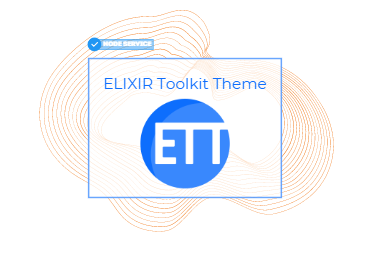Bulk RNASeq: from counts to differential expression
This 2-day course consists of e-learning on counting, showing tools to generate count files (e.g. FeatureCounts, HTSeq Count) and how these count files are used to identify differentially expressed genes. The course also offers two face-to-face sessions on differential expression analysis in R and all the questions that arise when analysing your own data.
Requirements:
